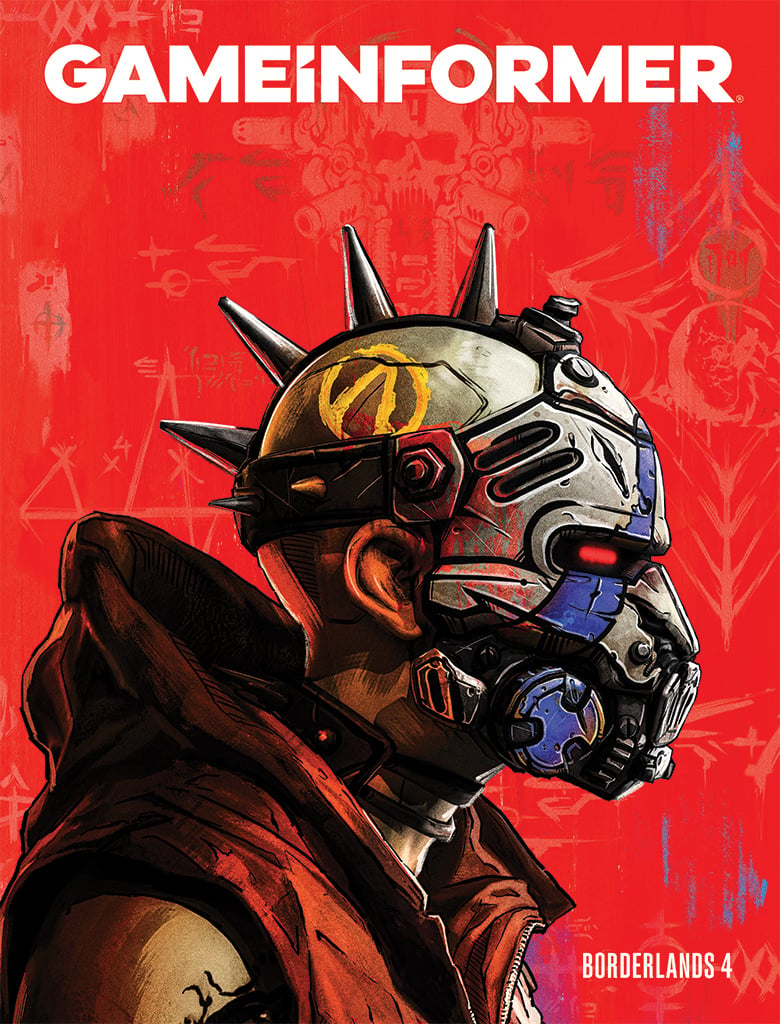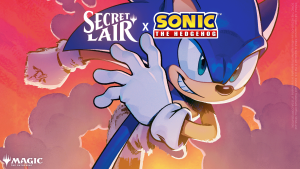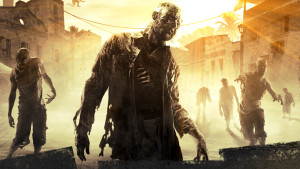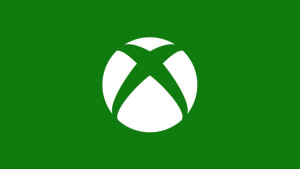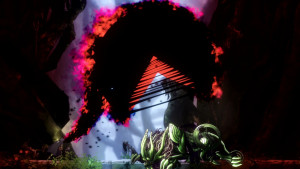Last chance to get your Borderlands 4 issue when ordered by July 1st. Subscribe Now!
Looking Back At The Conversations Of 2014

On January 1 this year, I spent some time putting together what I thought would be the biggest issues of this gaming year. Now that we are nearing the end of the fall rush, it’s time to look back and re-evaluate where we are.
Early Access Continues To Evolve
As Kickstarter begins to plateau and more high potential projects fail to meet their targets, developers (and publishers) will continue to expand their use of new business models. Already we’ve seen Ubisoft, Square Enix, Sony Online, and Deep Silver join Steam’s roster, selling titles that aren’t quite finished.
This year also saw failures on the Early Access platform. American McGee’s Akaneiro: Demon Hunters (a Kickstarter project) was drastically scaled back such that promised features have yet to be realized well over a year past its promised delivery.
The Stomping Land, a Kickstarter-funded dinosaur game, was pulled from the service as development ceased. Valve has since allowed the game to return, though the game was promised for completion in May 2014. It’s now not slated for full release until the end of 2015, according to a note on the Steam store page.
In June, Valve revised its statement about Steam Early Access titles. The new caveat now includes an up-front acknowledgement that games may not progress and might never see a traditional release. The guidelines and rules were significantly amended again in November, setting new policy for pricing and transparency.
We expect that Early Access will continue to evolve in 2015, as more publishers seek to capitalize on a key principle of finance: money now is more valuable than money later. In fact, EA told us at E3 that it was considering the practice for future Battlefield titles.
How you choose to interact with developers and publishers offering Early Access is up to you. Just know what you’re getting into.

Online Services and Customer Patience for Failure
During the period between Christmas and the new year in 2013, Sony, Nintendo, Valve, and Microsoft all suffered service outages as new users flooded the networks (with a repeat performance from Microsoft and Sony this year). Before, during, and after, EA continued to repair Battlefield 4 (it took about six months for the game to be operational).
Almost a year later, online services continue to be at the center of consumer frustration. Sony’s Driveclub, Microsoft’s Halo: The Master Chief Collection, 2K Sports’ NBA 2K15, and Ubisoft’s Assassin’s Creed Unity continue to draw our attention thanks in part or in total to problems with online performance.
The problems have arguably gotten worse and more widespread through the year, though we would be remiss to ignore those that got it right. Activision’s Destiny and Call of Duty: Advanced Warfare had largely uninterrupted launches. Forza Horizon 2, Sunset Overdrive, Mario Kart 8, and others launched without incident.
As we look forward, we have our eye on how you, the consumer, will react to these ongoing problems. If publishers are to learn from these mistakes, it’s up to players to make an impact at the cash register.

The Real Life Span of the Xbox 360 and PlayStation 3
With a year of the current generation behind us, publishers and platform holders have been touting the adoption speed of the Xbox One and PlayStation 4. While this certainly bodes well for the industry moving forward, it caught publishers a bit off guard.
We’ve heard on nearly every earnings call that last-generation software sales are flagging faster than anticipated. Ubisoft told us earlier this year that it expects to fully move to new-generation hardware a bit earlier than expected, and we suspect that in 2015 we’ll see the end of most major releases on last-gen hardware.
This holiday will determine just how quickly Xbox 360 and PlayStation 3 SKUs are abandoned, but with 10 million Xbox One units shipped and 13.5 million PlayStation 4s to retail, we suspect publishers will start focusing their efforts sooner rather than later.

Delays, Delays, and More Delays
On January 1, I certainly didn’t suspect that 2014 would go down as “the year of delays.” While we saw a number of high profile titles move out of this year (The Witcher 3, Batman: Arkham Knight, Evolve, Battlefield Hardline, Dying Light, The Order: 1886, Mad Max, Quantum Break, and more), it’s hard to say that there isn’t anything to play.
With Dragon Age: Inquisition, Middle-earth: Shadow of Mordor, Alien: Isolation, The Evil Within, Sunset Overdrive, Call of Duty: Advanced Warfare, and Destiny (just to name a small few), it’s hard to say “there’s nothing to play.” Maybe these delays are a blessing on our wallets, after all.

Microsoft's Course Correction and The Quest for Parity
Part of this year's narrative was the enormous change coming from Microsoft headquarters in Redmond. The company has abandoned nearly everything that was part of the original vision for Xbox One. Kinect is now disconnected. The Xbox Live paywall has been moved. Media has taken a backseat to games again, and Xbox Entertainment Studios is no more.
The new Microsoft road map has helped close the gap with Sony, but developers are still having trouble with visual parity for the PlayStation 4 and Xbox One. We're curious if time and experience will align resolution and frame-rate in 2015.

The Wii U Becomes A First-Party Machine
In 2014, the Wii U experienced a transformation that saw nearly all of its third-party support disappear. Activision and Ubisoft both passed on the system this year for franchises that had appeared since the console launched, with the latter saying Watch Dogs would be the last mature title it puts on the Wii U.
Even without blockbuster titles from other publishers, Nintendo is putting up a fight on its own. Mario Kart 8 is performing extremely well, and Nintendo says that the home version of Super Smash Bros. and its entry into the "toys to life" market, Amiibo figures, are moving briskly (as evidenced by shortages of both the Gamecube adapter and some Amiibo characters) . The question now is whether the company can float a system for a full cycle without the backing of EA, Activision, Ubisoft, Take-Two, Deep Silver, Bethesda, and others.
